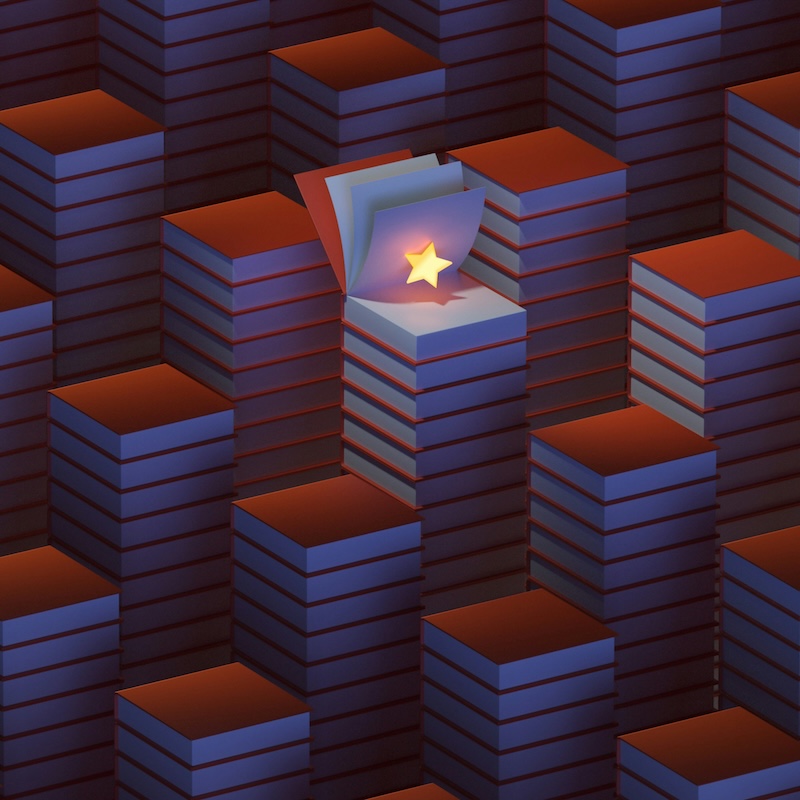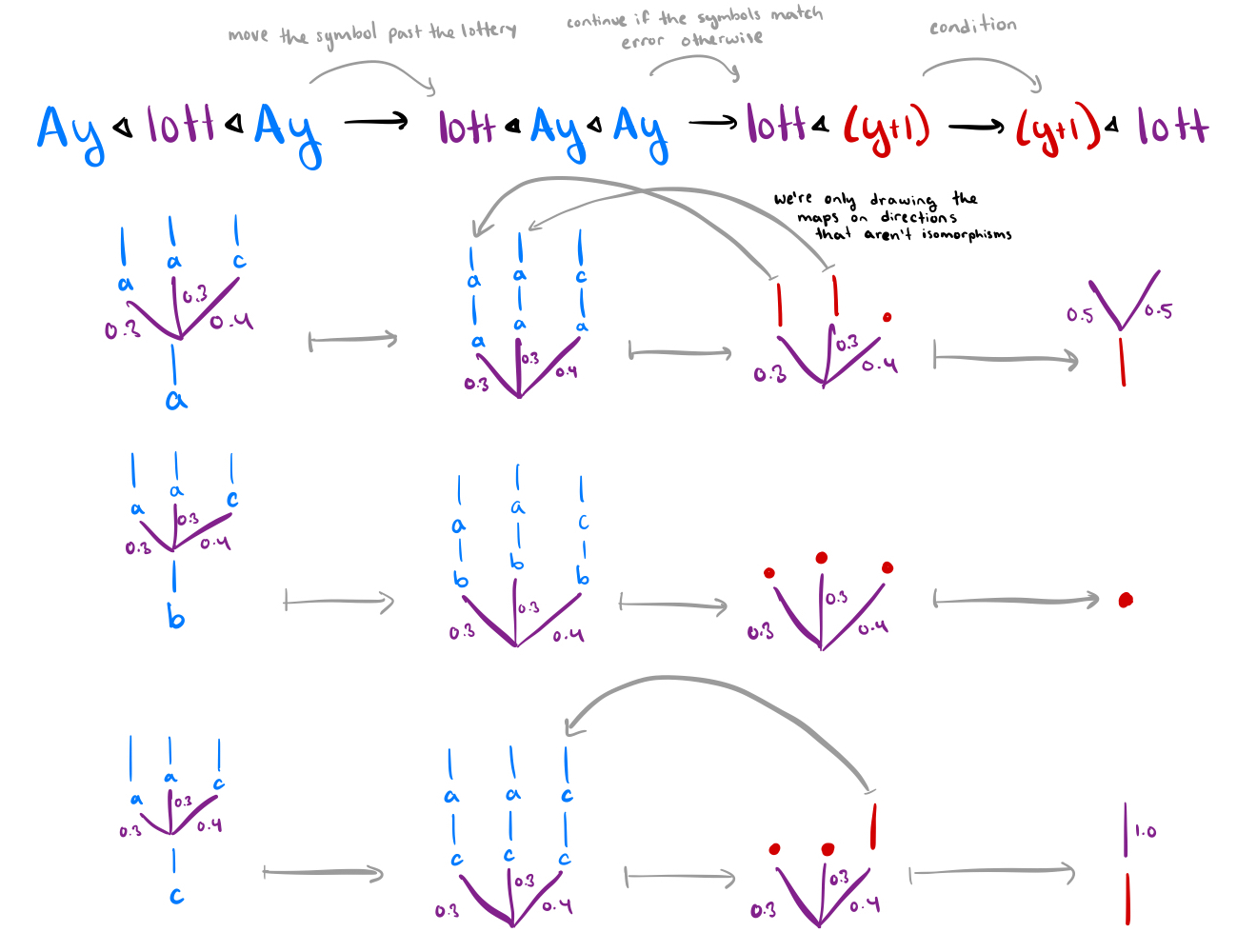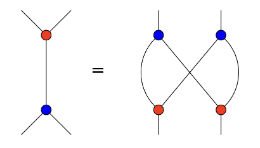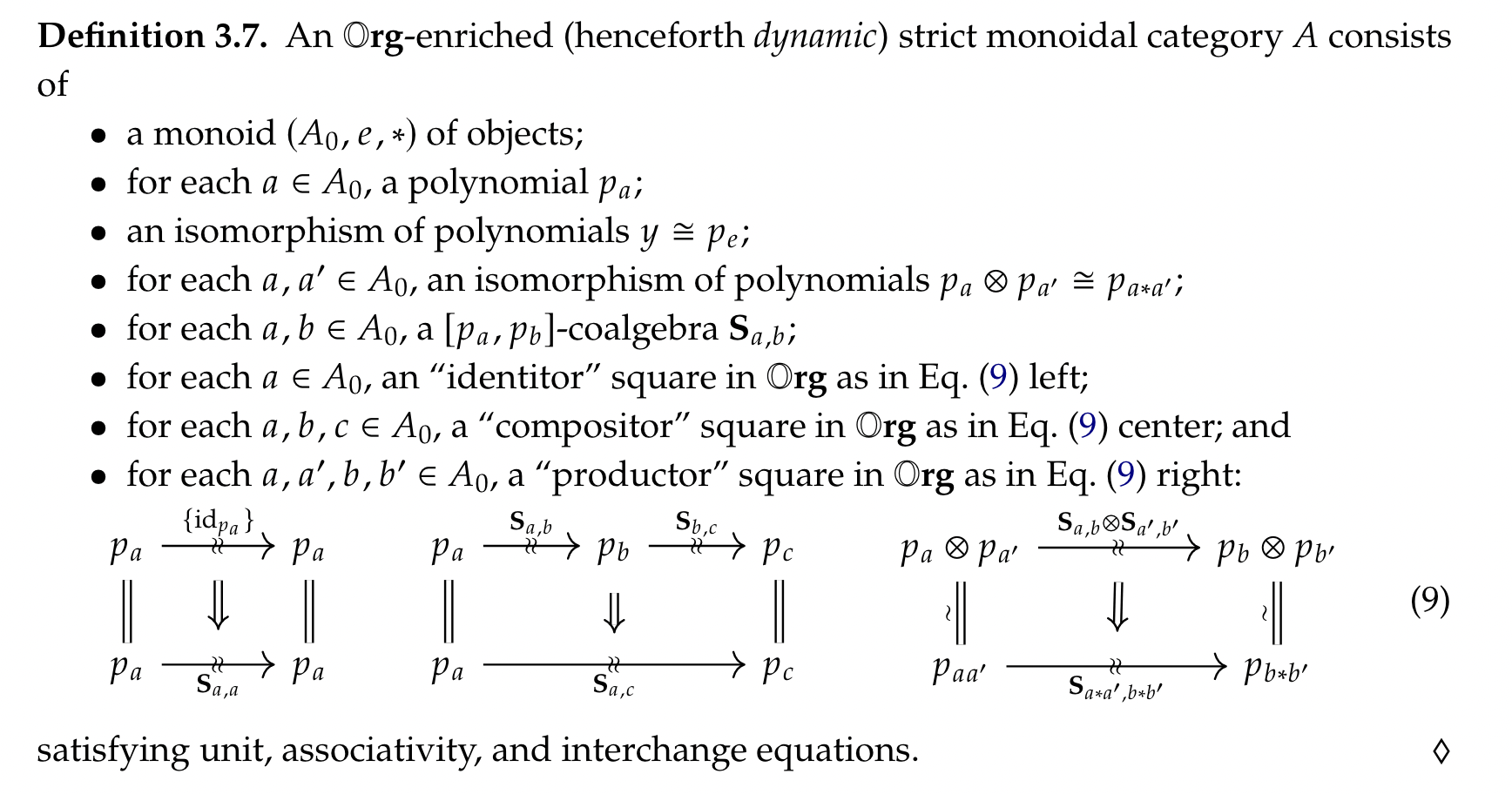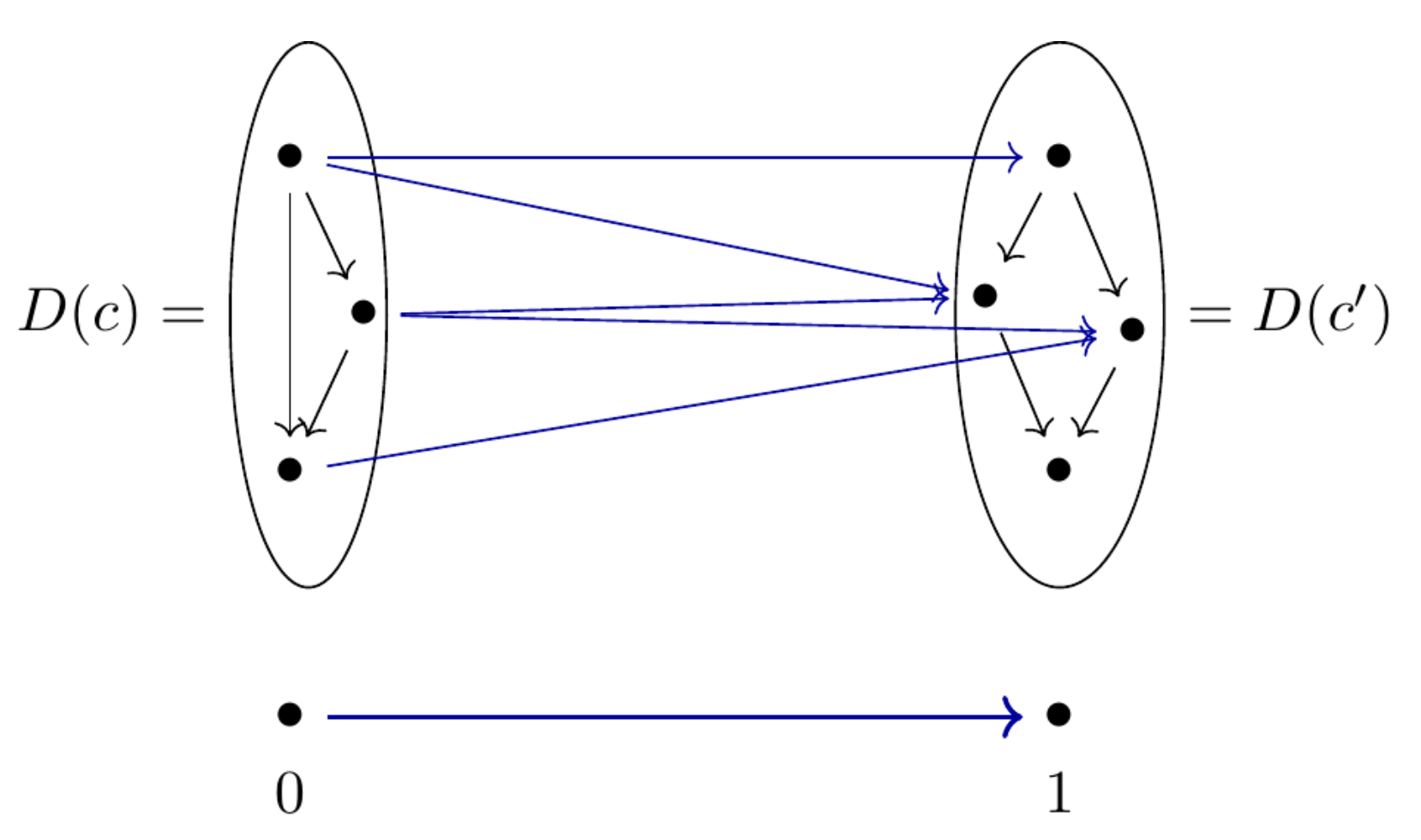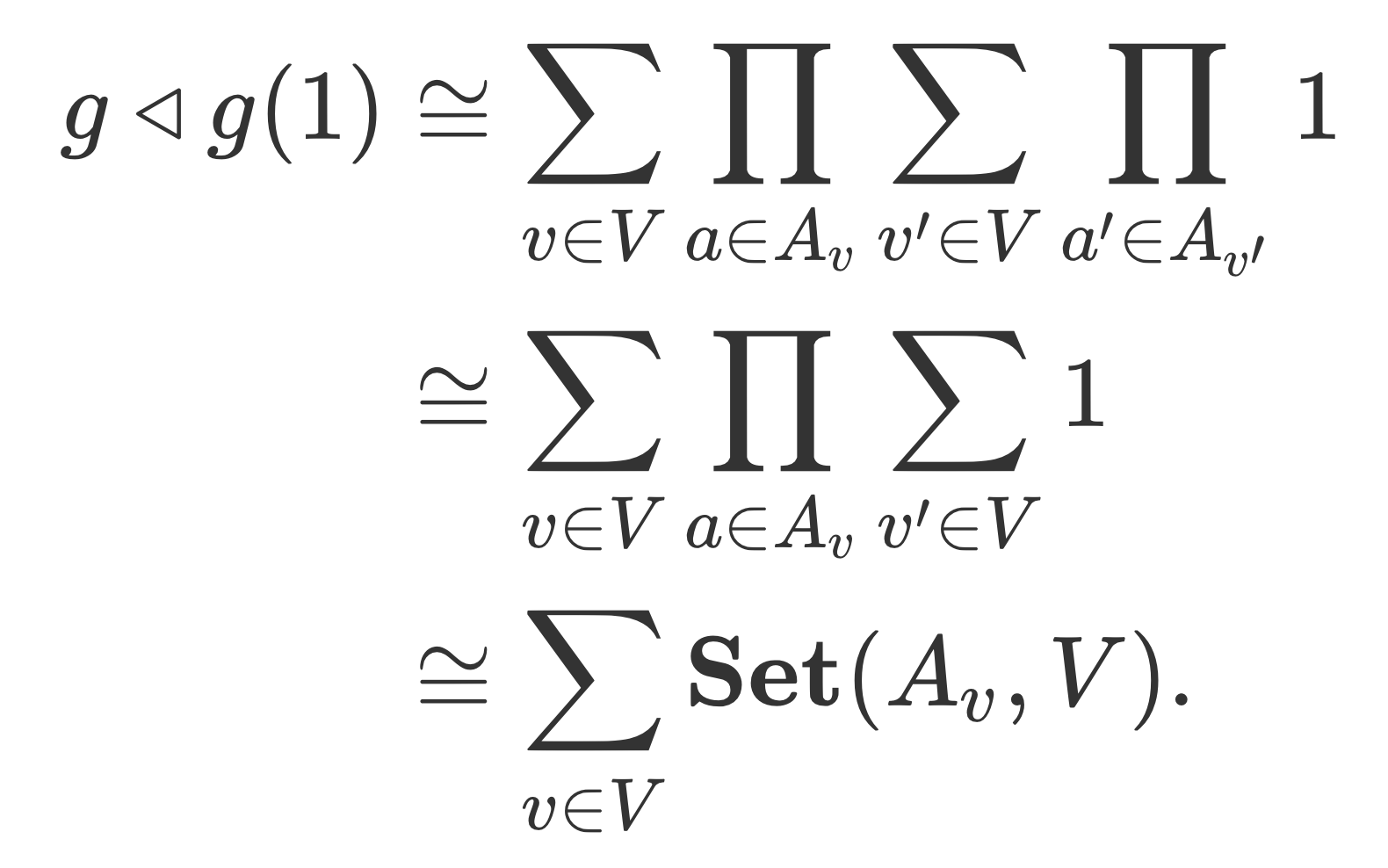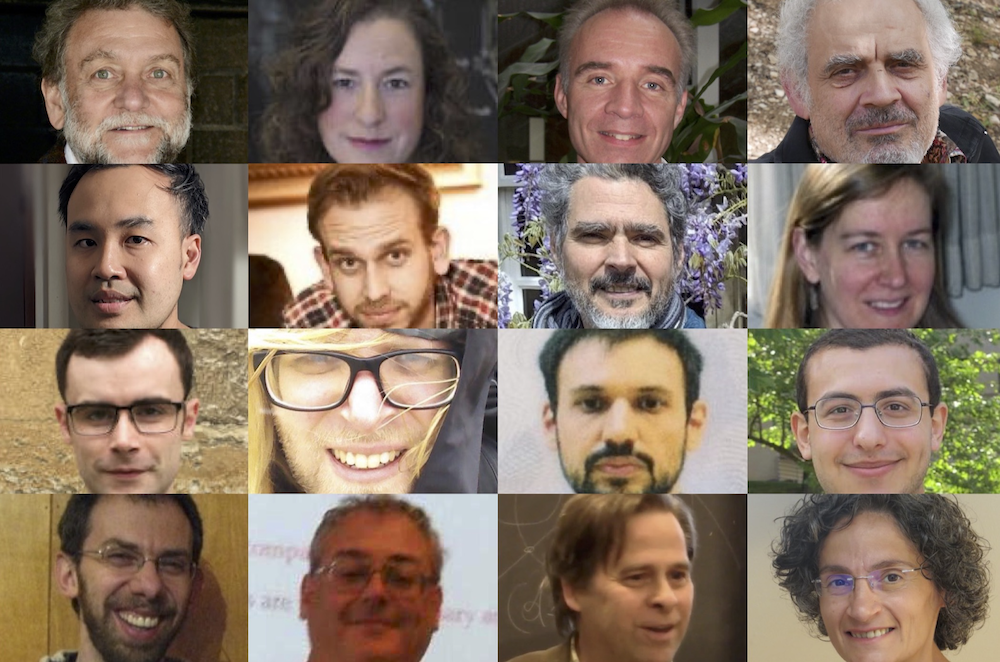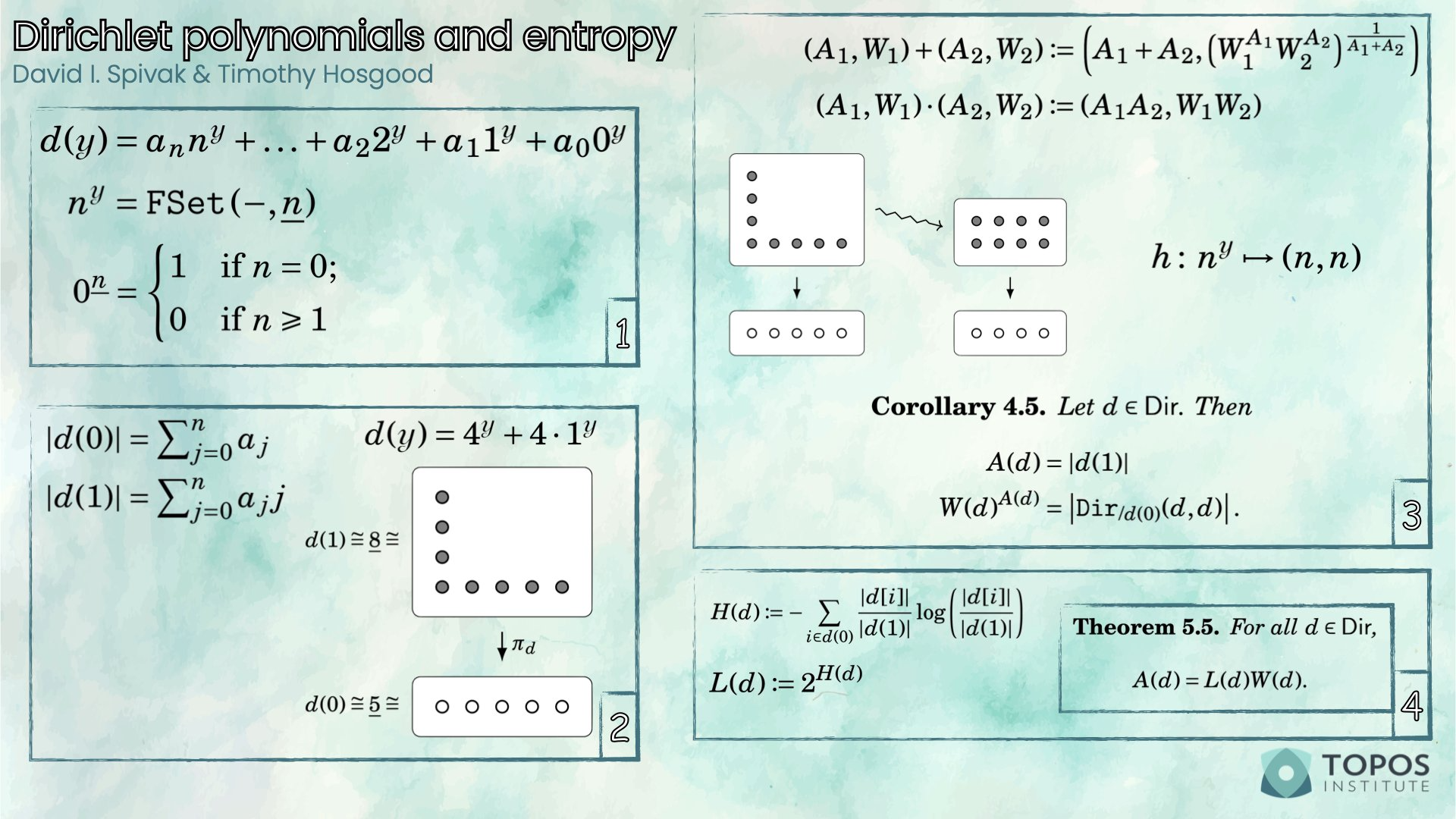Neural wiring diagrams for message passing in multiscale organizations
In our recent paper, “Dynamic task delegation for hierarchical agents”, Sophie Libkind and I described a task delegation from an agent to a team of subordinates as morphisms in a certain operad called \mathbb{O}\mathbf{rg}_{\mathfrak{m}}. However, such morphisms include a great deal of data, and…


